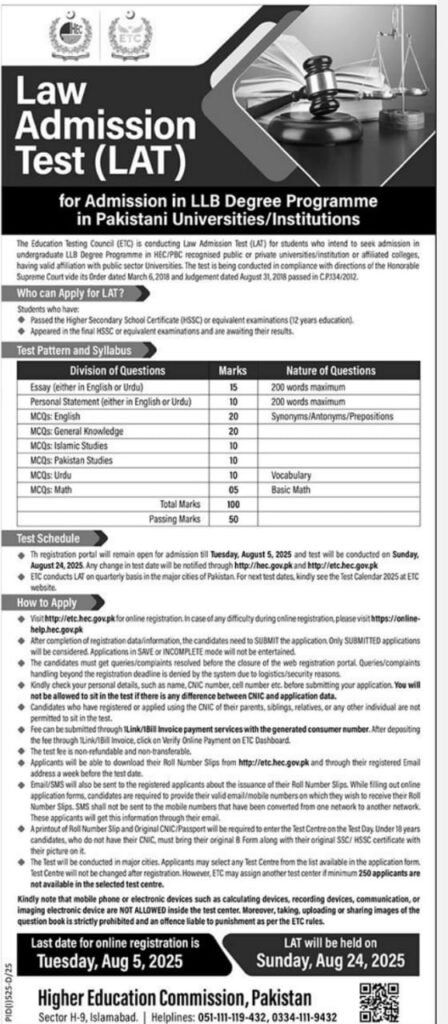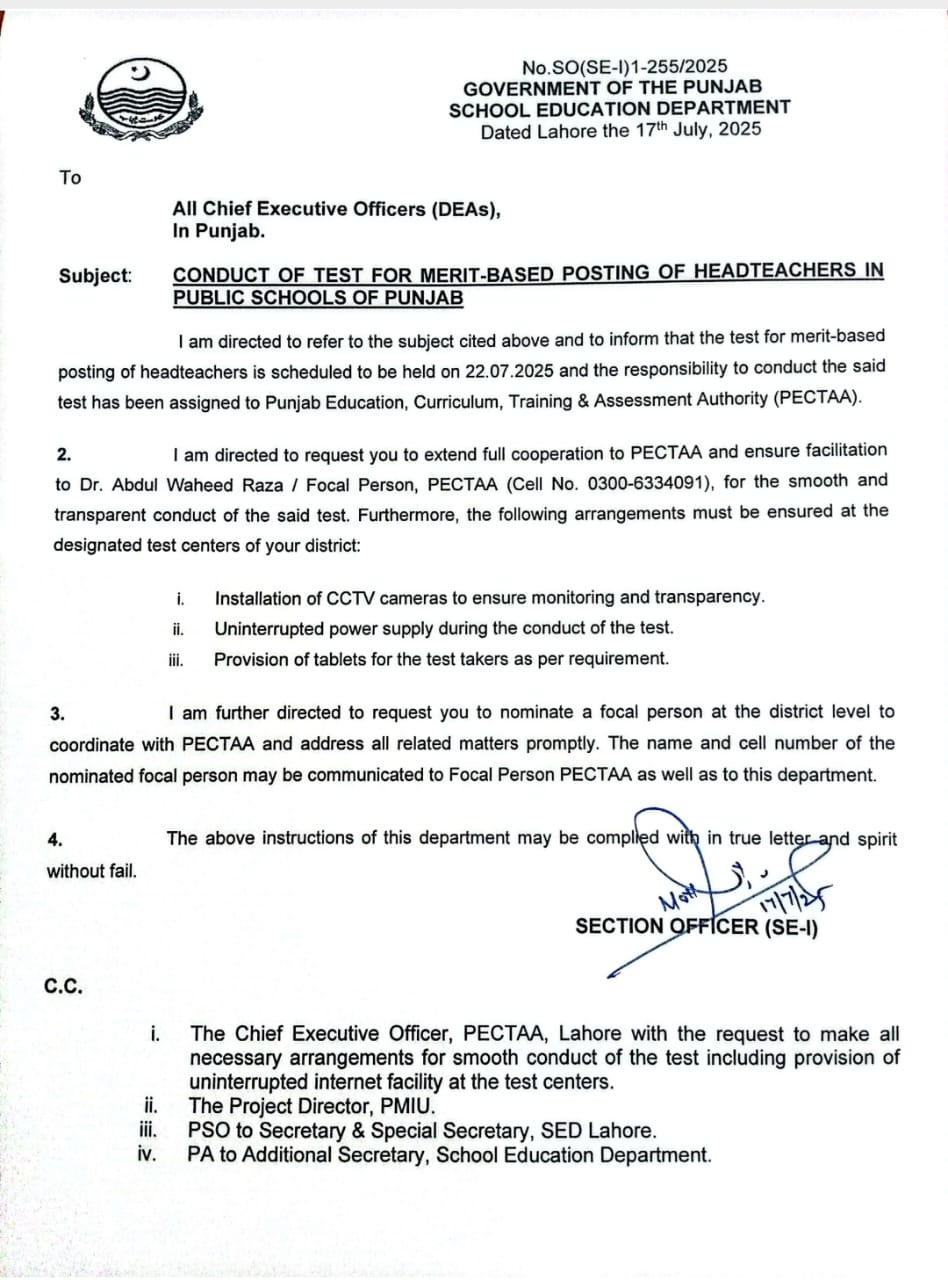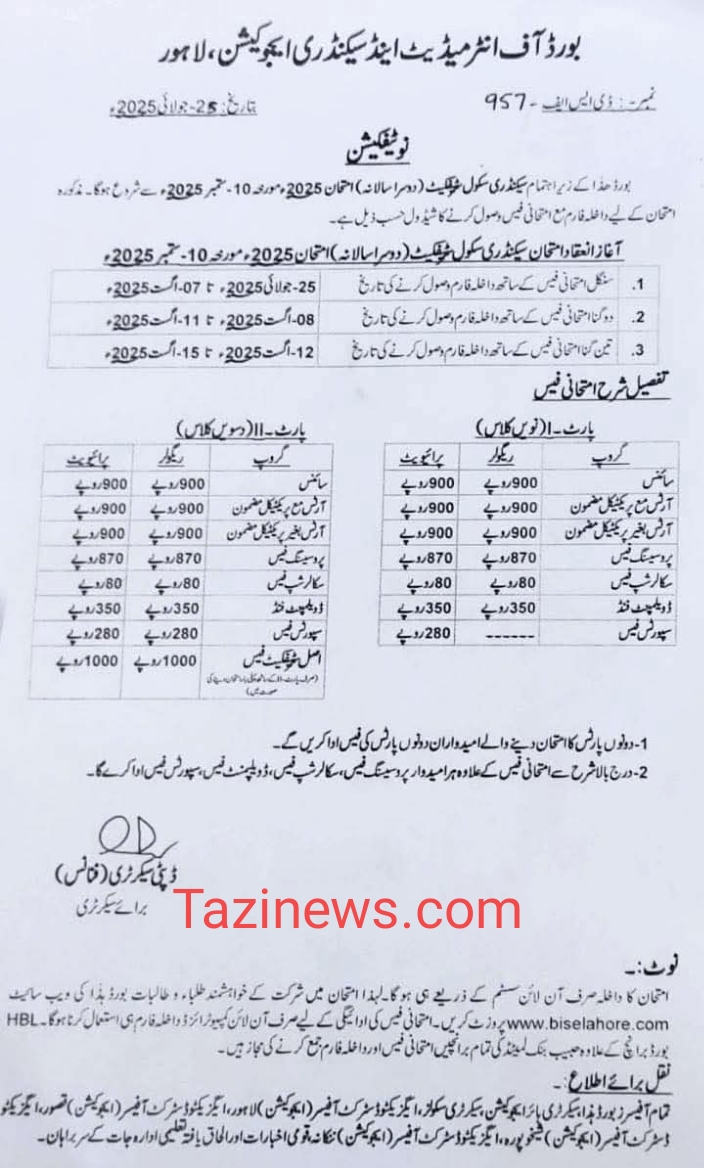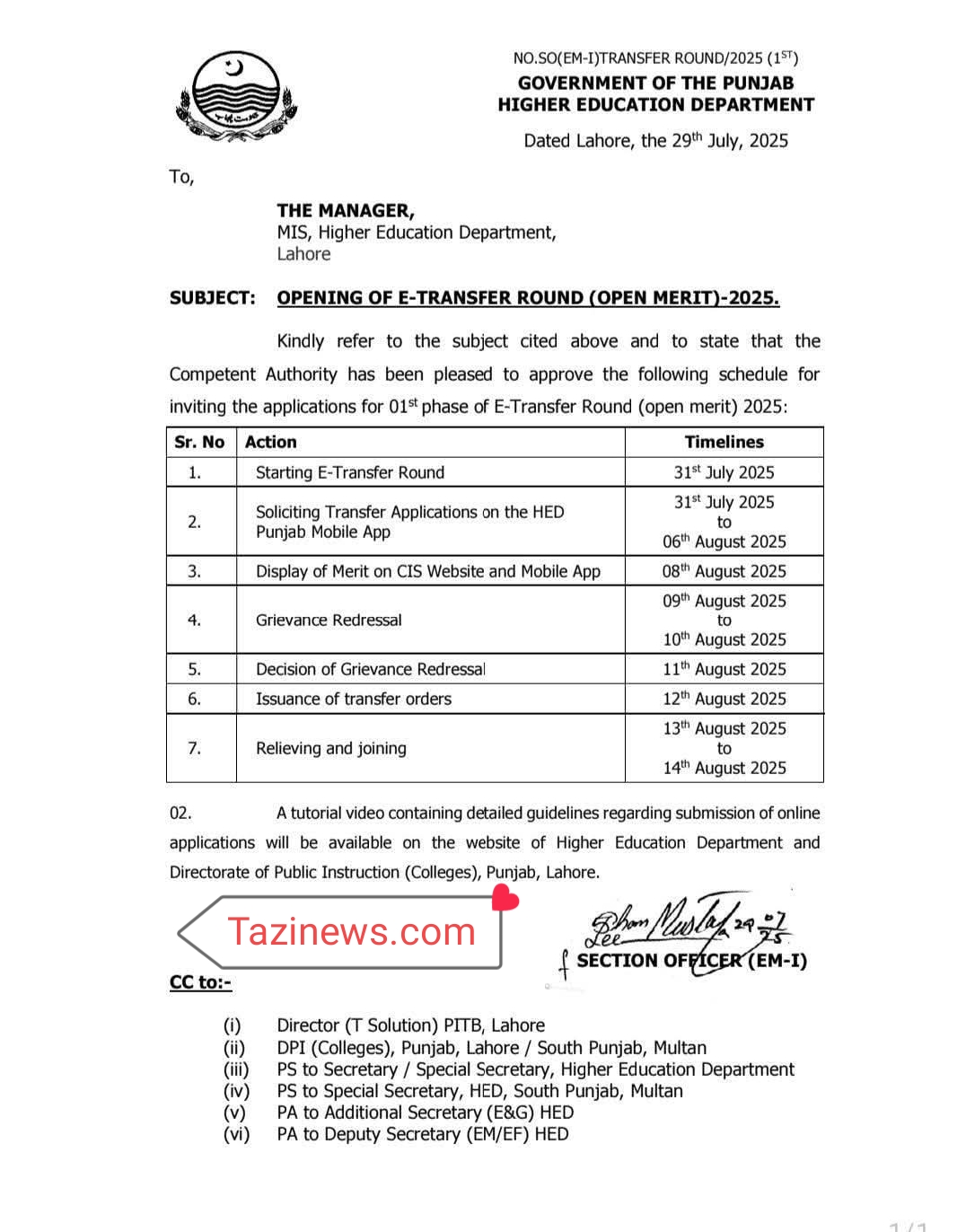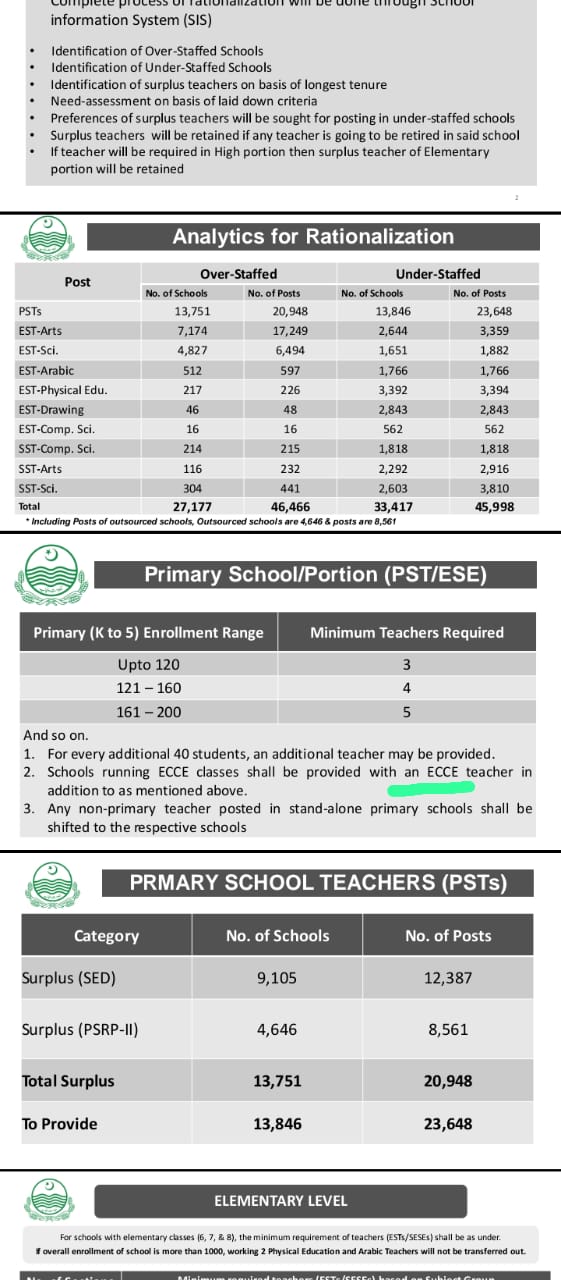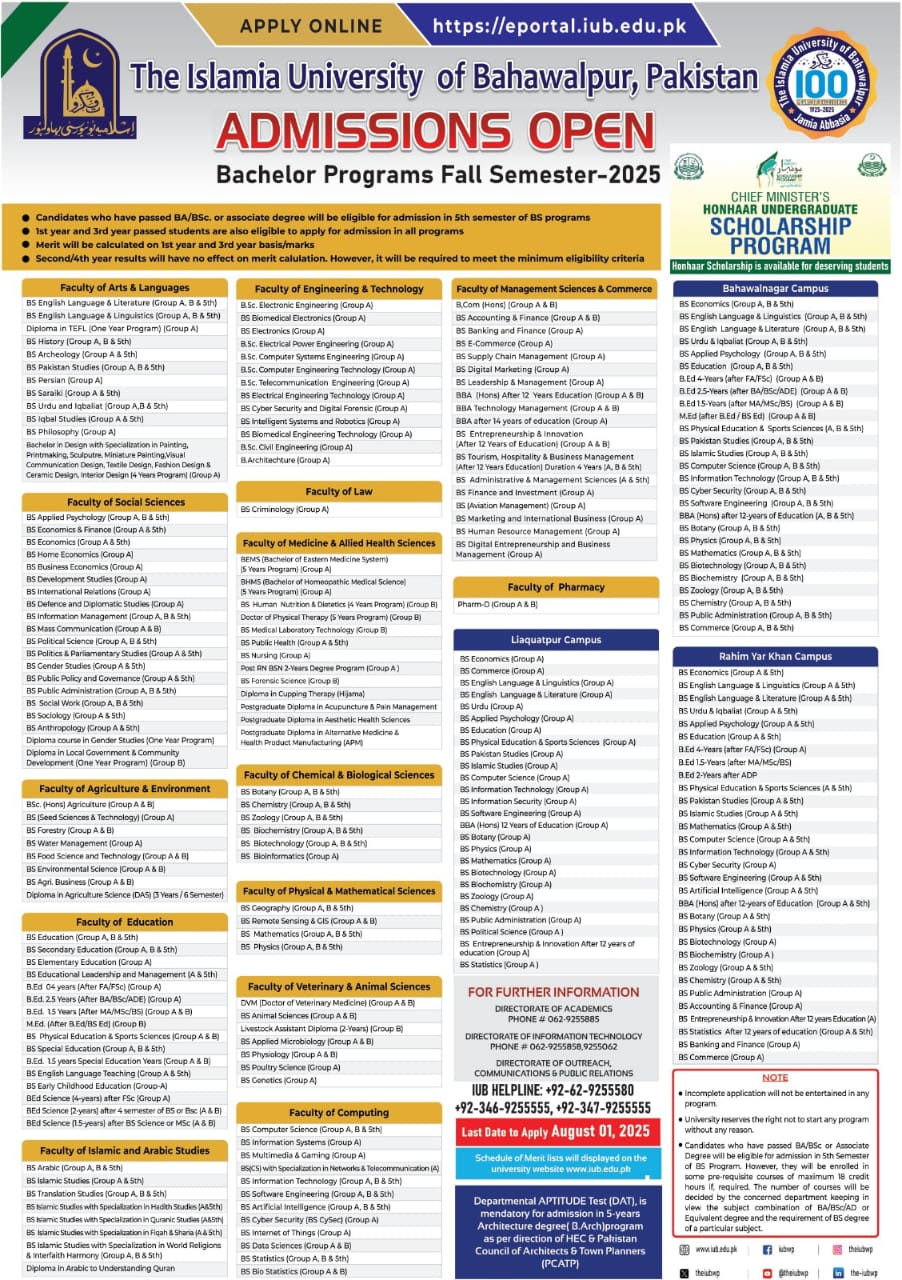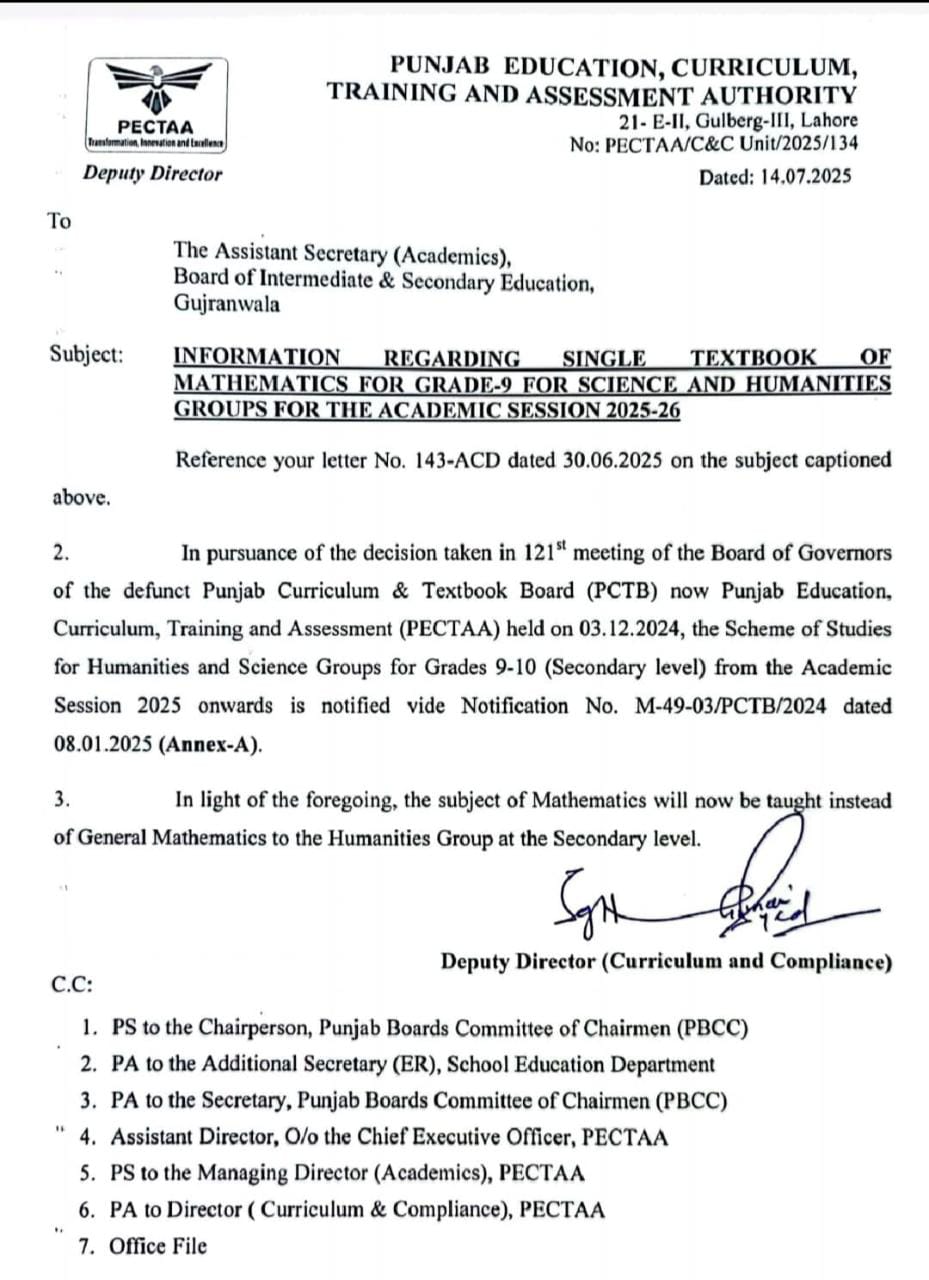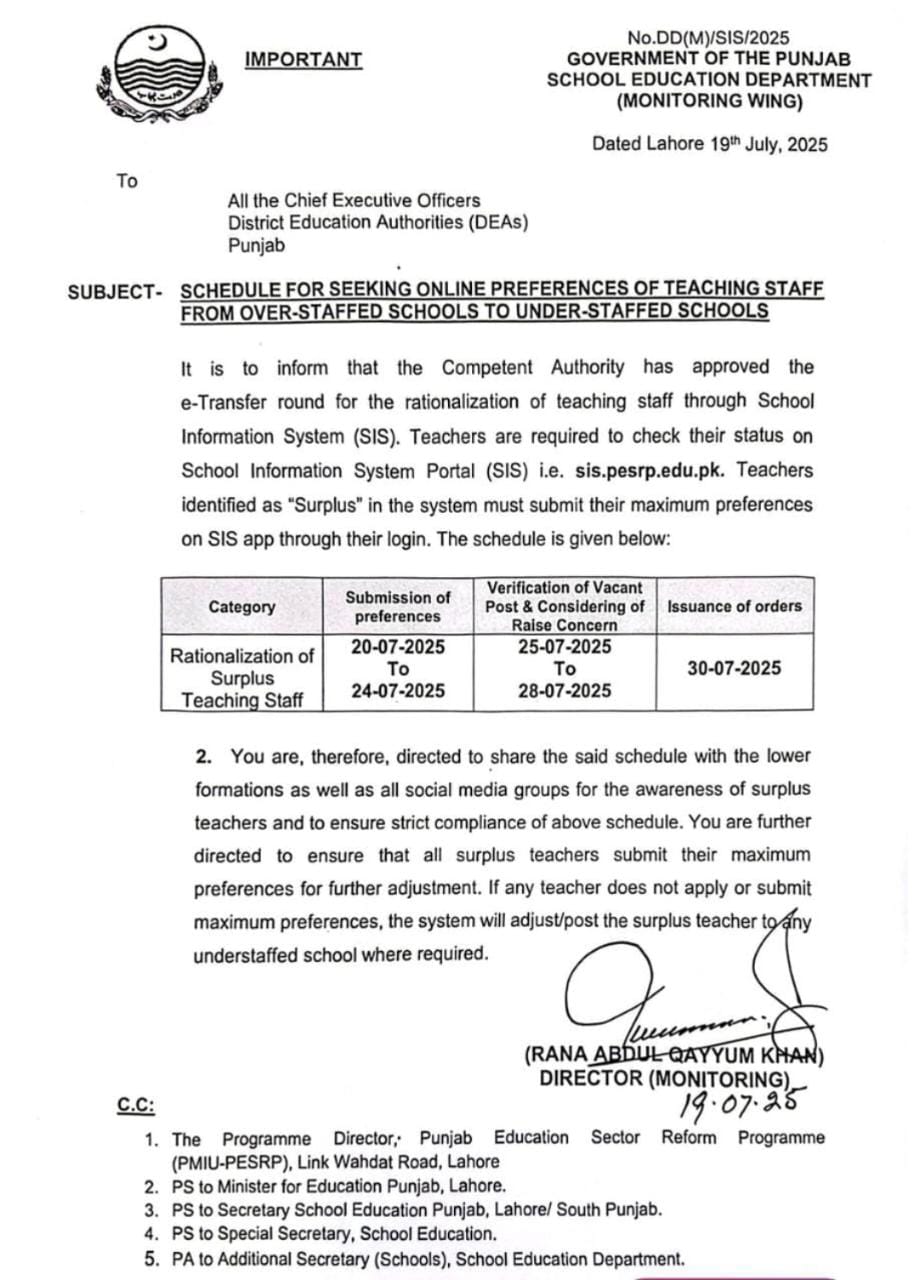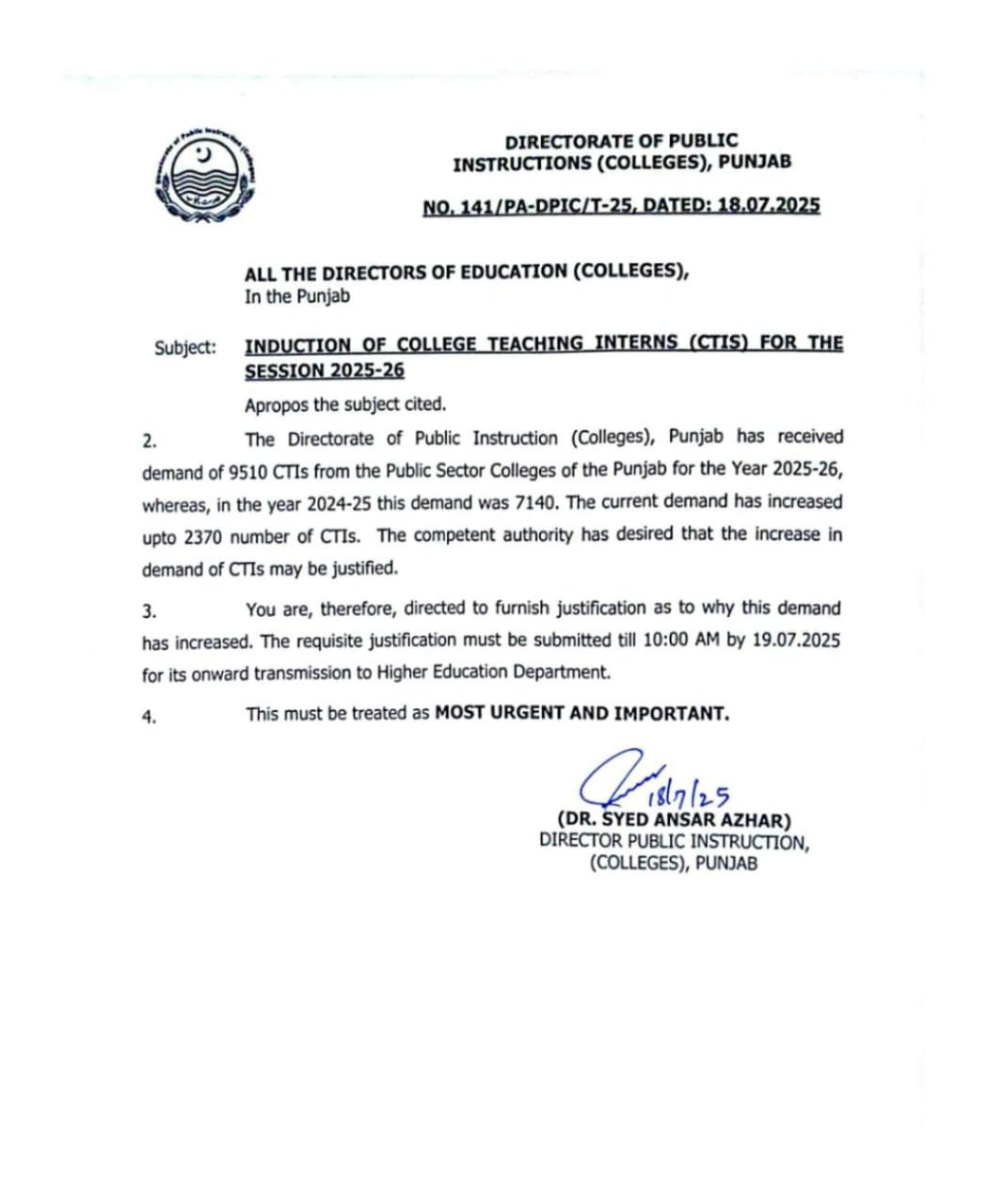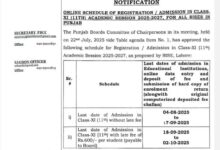Comprehensive Guide to Law Admission Test (LAT) for LLB in Pakistan 2025
Comprehensive Guide to Law Admission Test (LAT) for LLB in Pakistan 2025
Key Points
- The Law Admission Test (LAT) is a mandatory exam for admission into 5-year LLB programs in Pakistan, as required by the Supreme Court.
- It is conducted by the Higher Education Commission (HEC) in collaboration with the Education Testing Council (ETC), typically multiple times a year.
- Eligible candidates include those with a Higher Secondary School Certificate (HSSC) or equivalent, or those awaiting HSSC results.
- The test comprises 100 marks (75 MCQs and 25 subjective marks for essay and personal statement), with a passing score of 50 marks.
- Registration is done online via the ETC portal, and students should check the official HEC website for the latest schedule and deadlines.
- This guide aims to provide accurate information, but due to varying sources, always verify test dates and details on official websites.
What is the LAT?
The Law Admission Test (LAT) is a standardized entrance exam for students seeking admission to undergraduate law programs in Pakistan. It assesses candidates’ knowledge in subjects like English, General Knowledge, and Islamic Studies, as well as their writing and reasoning skills. The test is a critical step for aspiring lawyers, ensuring a fair and transparent admission process.
Who Can Apply?
Students who have completed their HSSC (Intermediate) or equivalent education, or those who have appeared for their final exams and are awaiting results, can apply. The test is open to Pakistani citizens and residents of Azad Jammu and Kashmir.
How to Prepare and Register?
To prepare, focus on the test’s syllabus, which includes English, General Knowledge, Islamic Studies, Pakistan Studies, Urdu, and Math, along with essay writing and personal statement skills. Registration involves creating an account on the ETC portal, filling out the application, paying the fee (around Rs. 1800), and downloading the roll number slip. Always check the official HEC or ETC websites for the latest registration deadlines and test dates.
Where to Find More Information?
For the most reliable and up-to-date information, visit the official ETC portal (http://etc.hec.gov.pk) or the HEC website (http://www.hec.gov.pk). Additional resources like LLB Guide and IlmKidunya offer preparation tips and updates.
Comprehensive Guide to Law Admission Test (LAT) for LLB in Pakistan 2025
Introduction
The Law Admission Test (LAT) is a pivotal step for students aspiring to pursue a career in law in Pakistan. Mandated by the Supreme Court of Pakistan through its orders dated March 6, 2018, and August 31, 2018, the LAT is a compulsory requirement for admission into the 5-year LLB degree program at universities and institutions recognized by the Higher Education Commission (HEC). Conducted in collaboration with the Education Testing Council (ETC), the LAT is held multiple times a year, typically quarterly, to provide opportunities for students to secure their place in law schools across the country. This comprehensive guide covers eligibility criteria, test pattern, syllabus, registration process, important dates, and frequently asked questions (FAQs) to help aspiring law students navigate the process effectively.
Why the LAT Matters
The LAT was introduced to standardize the admission process for law programs in Pakistan, ensuring that candidates possess the necessary aptitude and skills for legal education. It evaluates a candidate’s knowledge in key subjects, as well as their ability to think critically and communicate effectively—skills essential for a successful legal career. By passing the LAT, students demonstrate their readiness to undertake the rigorous academic and professional challenges of an LLB program.
Eligibility Criteria
To be eligible for the LAT, candidates must meet the following requirements:
- Completed Higher Secondary School Certificate (HSSC) or Equivalent: This includes 12 years of education, such as FA, FSc, ICS, I.Com, A-Levels, or other equivalent qualifications.
- Awaiting HSSC Results: Students who have appeared in their final HSSC or equivalent examinations and are awaiting results are also eligible to apply.
- Citizenship: The test is open to Pakistani citizens and residents of Azad Jammu and Kashmir.
These criteria ensure that the LAT is accessible to a wide range of candidates who have completed or are nearing completion of their intermediate education.
Test Pattern and Syllabus
The LAT is designed to assess a candidate’s aptitude for legal studies through a combination of objective and subjective questions. The test is worth 100 marks, with a passing score of 50 marks, and is completed in approximately 2 hours and 20 minutes.
Test Pattern
The LAT is divided into two main sections:
| Section | Marks | Details |
|---|---|---|
| Objective Section | 75 marks | – English: 20 marks (Synonyms, Antonyms, Prepositions) – General Knowledge: 20 marks (Current affairs, history, general awareness) – Islamic Studies: 10 marks (Basic Islamic principles and teachings) – Pakistan Studies: 10 marks (History, geography, political system) – Urdu: 10 marks (Vocabulary, basic grammar) – Math: 5 marks (Basic arithmetic, simple mathematical concepts) |
| Subjective Section | 25 marks | – Essay: 15 marks (200 words maximum, in English or Urdu, on a general topic) – Personal Statement: 10 marks (200 words maximum, in English or Urdu, about the candidate) |
| Total Marks | 100 marks | |
| Passing Marks | 50 marks |
Syllabus
The syllabus, set by the Supreme Court of Pakistan, covers the following areas:
- English: Focuses on vocabulary (synonyms, antonyms), prepositions, and comprehension skills.
- General Knowledge: Includes current affairs, historical events, and general awareness topics relevant to Pakistan and the world.
- Islamic Studies: Tests basic knowledge of Islamic principles, teachings, and history.
- Pakistan Studies: Covers Pakistan’s history, geography, culture, and political system.
- Urdu: Assesses vocabulary and basic grammar proficiency.
- Math: Involves simple arithmetic, percentages, ratios, and basic mathematical concepts.
- Essay and Personal Statement: Evaluates the candidate’s ability to express ideas clearly and logically within a 200-word limit, in either English or Urdu.
The subjective section is particularly important, as it tests critical thinking and written communication skills, which are vital for legal professionals.
Registration Process
Registering for the LAT is a straightforward process that must be completed online through the official ETC portal. Follow these steps to ensure a successful registration:
- Visit the Official Website: Go to http://etc.hec.gov.pk.
- Create an Account: New users must sign up for an account, while existing users can log in with their credentials.
- Complete the Application Form: Provide accurate personal and educational details as required.
- Pay the Registration Fee: The fee is approximately Rs. 1800 (subject to change; confirm on the official website). Payment options include:
- Bank challan (HBL, UBL, or ABL)
- Online banking
- ATM
- JazzCash
- Submit the Application: Ensure all details are correct and submit the form before the deadline. Incomplete or incorrect applications will not be accepted.
- Download Roll Number Slip: Approximately one week before the test, download your roll number slip from the ETC portal. You will also receive an email or SMS notification with details about the test date, time, and venue.
- Test Day Requirements: Bring your original CNIC (or passport for foreign nationals), a printout of your roll number slip, and your HSSC/SSC certificates to the test center.
Important Notes:
- Candidates must use their own CNIC or that of a parent/sibling/relative; impersonation is strictly prohibited.
- Test centers are available in major cities across Pakistan, and candidates can select their preferred center during registration. Changes to the test center are not permitted after submission.
- Electronic devices and cheating are strictly prohibited during the test.
For additional assistance, visit the HEC Online Help Center or contact the HEC helplines at 051-111-119ទ
119-432 or 0334-111-9432.
Test Schedule and Conduct
The LAT is conducted in major cities across Pakistan, including Lahore, Karachi, Islamabad, Quetta, and Peshawar, among others. The test is typically held quarterly, providing multiple opportunities for candidates to participate. The exact schedule for 2025 may vary, and candidates should regularly check the official HEC or ETC websites for updates.
As of July 21, 2025, recent announcements indicated a test date of July 21, 2025, with a registration deadline of August 5, 2025. However, since this date has passed, it’s likely that additional test dates will be announced soon. Always verify the latest schedule on the ETC portal or HEC website.
The test is conducted under strict guidelines, and candidates must adhere to rules such as bringing their original CNIC and roll number slip, and refraining from bringing electronic devices or engaging in prohibited activities.
Preparation Tips
To excel in the LAT, consider the following preparation strategies:
- Study the Syllabus: Focus on the key subjects (English, General Knowledge, Islamic Studies, Pakistan Studies, Urdu, Math) and practice relevant topics.
- Practice Writing: Hone your essay and personal statement writing skills, ensuring clarity and conciseness within the 200-word limit.
- Take Mock Tests: Practice MCQs to familiarize yourself with the test format and improve time management.
- Stay Updated: Keep abreast of current affairs for the General Knowledge section.
- Use Reliable Resources: Websites like LLB Guide and IlmKidunya offer valuable study materials and practice quizzes.
FAQs
Q1: What is the Law Admission Test (LAT)?
The LAT is a mandatory entrance test for admission into the 5-year LLB program in Pakistan, as mandated by the Supreme Court.
Q2: Who conducts the LAT?
The LAT is conducted by the Higher Education Commission (HEC) in collaboration with the Education Testing Council (ETC).
Q3: How often is the LAT held?
The LAT is typically conducted quarterly, though exact dates vary each year.
Q4: What are the passing marks for the LAT?
The passing mark is 50 out of 100.
Q5: Can I take the LAT if I’m awaiting my HSSC results?
Yes, students awaiting their HSSC results are eligible to apply.
Q6: How do I register for the LAT?
Register online at http://etc.hec.gov.pk by creating an account, filling out the application, paying the fee, and submitting the form.
Q7: What documents are required on test day?
You must bring your original CNIC (or passport) and a printout of your roll number slip.
Q8: Can I choose my test center?
Yes, you can select a test center during registration, but changes are not allowed after submission.
Q9: How long is the LAT valid?
The LAT score is valid for two years for LLB admissions.
Q10: Where can I find preparation resources?
Check LLB Guide and IlmKidunya for study materials, or consider enrolling in preparation courses offered by institutions like Indus College of Law.
Conclusion
The Law Admission Test (LAT) is a gateway to pursuing a legal career in Pakistan, ensuring that only qualified candidates enter the prestigious 5-year LLB program. By understanding the eligibility criteria, test pattern, syllabus, and registration process, you can approach the test with confidence. Start preparing early, practice regularly, and stay updated with the latest test schedule on the HEC website or ETC portal. With dedication and the right resources, you can excel in the LAT and take the first step toward a rewarding career in law.
For additional support, follow educational platforms like LLB Guide or connect with communities on social media, such as @Majid_writer on X, for tips and updates on legal education in Pakistan.
External Links
- Official ETC Registration Portal
- HEC Official Website
- LLB Guide
- IlmKidunya LAT Page
- Indus College of Law LAT Preparation
Keywords for SEO
Law Admission Test, LAT, HEC, ETC, LLB admission, Pakistan law schools, law entrance exam, legal education Pakistan, Supreme Court directives, education testing council, law career Pakistan, undergraduate law programs, HSSC eligibility, test pattern, syllabus, registration process, important dates, FAQs, passing marks, essay writing, personal statement, MCQs, English, General Knowledge, Islamic Studies, Pakistan Studies, Urdu, Math.
